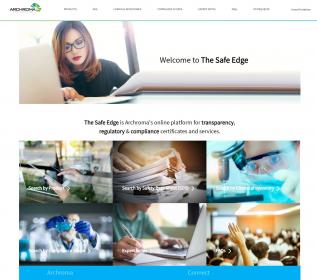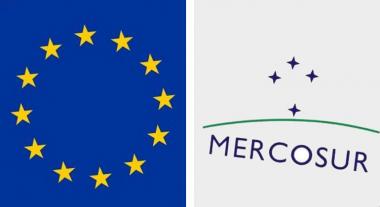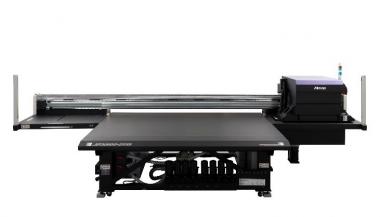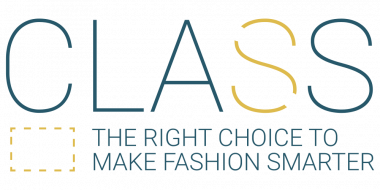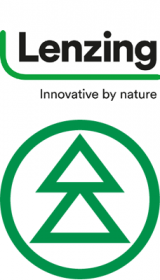Archroma announces a general price increase across its portfolio
Effective 01 October 2021, Archroma will increase the prices of its products by up to 0.25 USD per kg. These adjustments will apply to all Archroma products globally. The increase is necessary to offset the ongoing exceptionally high freight and logistics costs.
“Archroma made every effort to absorb these increases,” says Marcos Furrer, Chief Operating Officer at Archroma. “We have however reached a point where these adjustments are needed for us to be able to maintain our service levels.”
Archroma
EMG for Archroma






